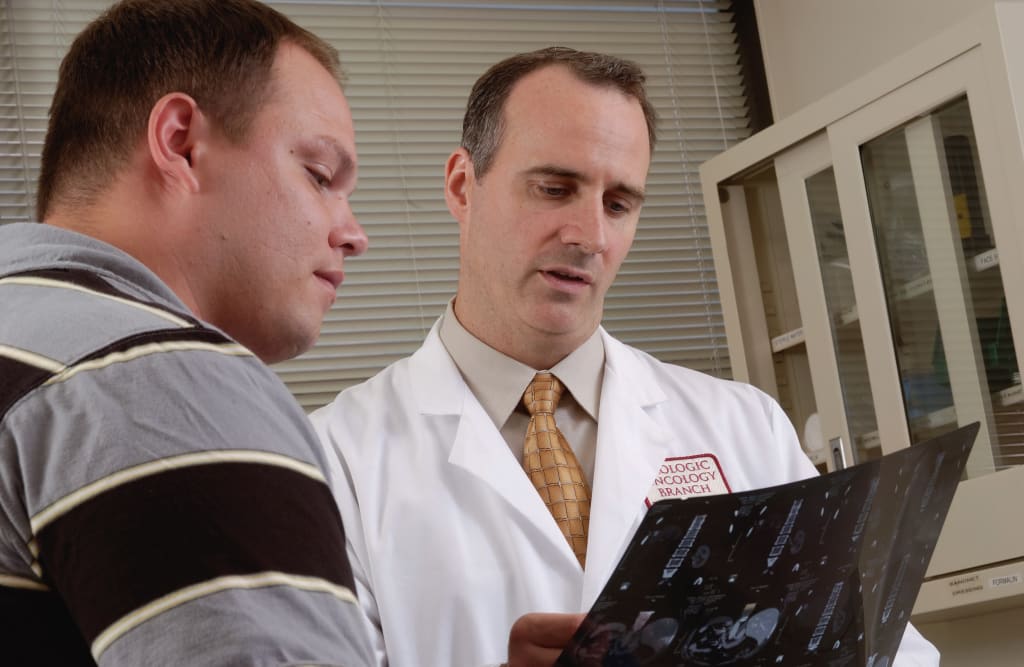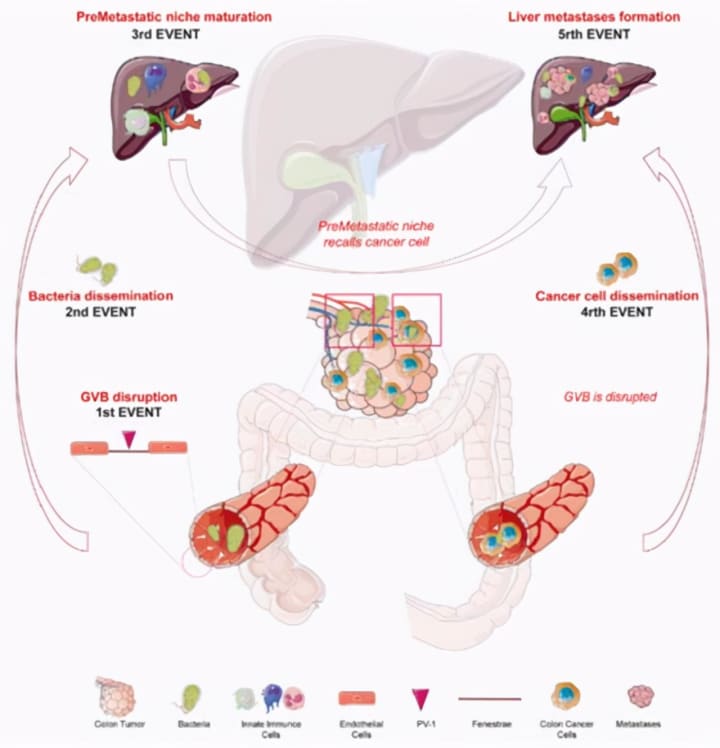Can intestinal polyps recur after removal?
When should I have an intestinal polyp removed?

People with intestinal polyps do not have obvious symptoms at first, but additional symptoms of intestinal polyps, such as insusceptible, can be detected during an examination. In advanced cases, the symptoms can evolve into two different types of polyps: large intestine polyps and small intestine polyps.
Small intestinal polyps may cause recurrent abdominal pain and intestinal bleeding, while large intestinal polyps may cause bloating, change in bowel habits, blood in stool, diarrhea, etc. Intestinal polyps removal should be reviewed, this is because intestinal polyps have the possibility of recurrence, why this happens, read this article and you will know.
A. In what cases should intestinal lumpectomy be performed?
Currently, according to the relevant data analysis conducted by valid statistical institutions, correctional nomads account for 85% to 90% of all per-cancerous correctional cancer diseases, and these correctional cancer diseases may evolve into correctional cancer. Colon polyps are a classification of per-cancerous correctional disease. Reducing the occurrence of colon polyps is also reducing the occurrence of colon cancer, therefore, our center should be placed on prevention and treatment.
The basic causes of colon polyps are mainly the following: chronic inflammatory stimulation, genetics, age, bad habits, etc. We will explain them one by one.
① Age, as people grow older, the human body functions and immunity decline, which gives a breeding ground for intestinal polyps, the older people suffer from intestinal polyps the higher the probability.
②Heredity, if there is a family history of cancer, then the probability of other family members suffering from intestinal polyps will increase significantly.
③ chronic inflammatory stimulation, mainly our intestinal tract is stimulated, such as the long-term retention of coarse residue in the stool, and then inflammatory bowel disease, these will make the intestinal mucous epithelial mutation, and eventually become intestinal polyps protrusion.
④ bad habits, like eating high fat, high protein, consuming low fiber, lack of exercise love smoking, and drinking partners should pay attention to these bad habits will make our intestinal polyps increase.

To avoid intestinal polyps into correctional cancer, and in order not to let intestinal polyps affect our normal life, when there is blood in the stool, intestinal abnormalities, and abdominal discomfort, you should urgently go to the hospital for examination and treatment, if necessary, into the intestinal polyps removed, so that the condition will not worsen.
Second, intestinal polyps will recur after removal, how long is better to review?
This question is the majority of people concerned, colon polyps will certainly recur, if we do not take good care of the body in daily life, intestinal polyps after treatment are still possible to recur, here we look at what factors are the reasons for the recurrence of intestinal polyps.
(1) ethnic groups, different ethnic groups suffer from intestinal polyps are different, for example, the Japanese commonly serrated nomads, and the Portuguese are more hyper-plastic polyps, the genetic environment between the different ethnic cultures is very different, so the appearance of intestinal polyps is different.
(2) Age and gender, the probability of developing intestinal polyps become high in people older than 60 years old, and potentially life-threatening. A tubular nomad is most closely related to age. The probability of developing a tubular nomad increases with age, women are prone to serrated nomads, and men are prone to hyper-plastic polyps and tubular nomads, all of which are generalized statistics based on age and gender.
(3) lifestyle, like smoking and drinking, irregular diet, and inappropriate friends need to pay attention to the long-term past will suffer from colon polyps, and there are studies show that often consume red meat, such as pork and beef, etc., is likely to produce colon polyps.
(4) surgical methods, for the current treatment of colon polyps surgery, such as internal argon ion coagulation, cold and hot biopsy forceps removal, high-frequency electric coil lumpectomy, endoscopic submarginal dissection, injection method of fractional mucous resection, etc., the recurrence rate after removal of polyps is 13%, whether it is a partial removal or whole removal, there may be a recurrence, only which way the recurrence rate is low, which was The problem of high recurrence rate.
(5) H. pylori, this germ will make our body's colon polyps recurrence, in the process of treatment of colon polyps, should be some removal of H. pylori, to ensure that the two do not affect each other, but also be able to suspend the recurrence of colon polyps.
The above are some of the possible recurrence factors that we have mentioned. Don't think that surgery is a sure thing, if you don't pay attention to daily life, then the surgery will be in vain. After colon polyps are removed, there are still new or recurring polyps that must be removed again, which means it is very important that we go for an examination.
The evolution of colon polyps is 5 to 10 years, so our review time can also be consistent with the evolution of colon polyps, 3 to 5 years to review, suffering from colon polyps, to be removed as soon as possible so that the body can be healthy.
Third, what are the treatment options for intestinal polyps?
We have just mentioned some treatment modalities for intestinal polyps, but most of them are surgical treatments. In addition to surgical treatment, we have other treatment modalities that patients can try or use in conjunction.
I General treatment
This requires us to improve our living habits, eat more light food, and increase fiber intake, and patients who are originally obese should actively exercise to reduce the amount of fat stored in the body.
II medication
According to the development of their intestinal polyps, listen to the doctor's orders, and you can choose the appropriate drugs, in general, we want to treat intestinal polyps, this primary intestinal disease may consider the use of anti-inflammatory drugs, but this treatment is only to delay the deterioration of intestinal polyps, want to do the eradication and healing or have to be surgical treatment.
III Surgical treatment
There are more methods of surgical treatment, such as the use of endoscopic resection minimally invasive surgery, trans abdominal colon, and rectal resection, which can remove intestinal polyps, allowing patients to return to a healthy state, due to the long-term recurrence can, also need to set time to go to the hospital for examination.
Conclusion: You can't underestimate intestinal polyps as an intestinal disease, if neglected without timely treatment, it is likely to evolve into correctional cancer, no one wants to suffer from cancer, firstly, it is troublesome to treat, secondly, it takes too much time and energy and financial resources, and thirdly, it is more physically and psychologically torturing, it is very important to maintain a healthy and good body, which requires us not to consume too much of our physical energy and do more This requires us not to consume too much of our physical energy, and to do more activities that are suitable for physical development so that we can ensure that intestinal polyp lesions do not occur at a certain age.






Comments
There are no comments for this story
Be the first to respond and start the conversation.